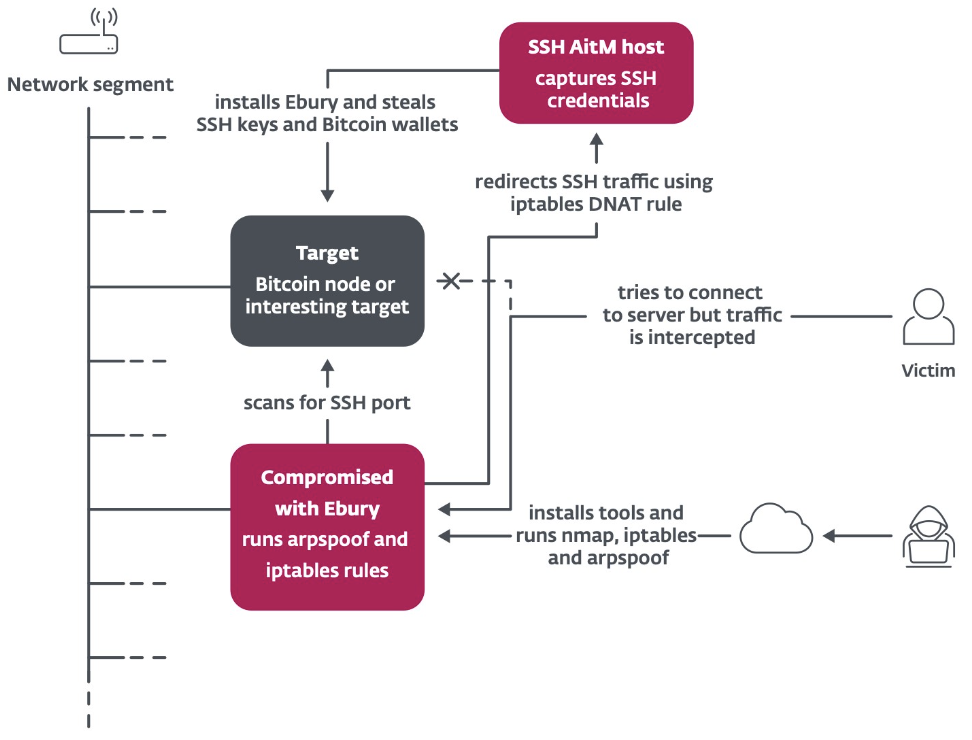
The Indian government has confirmed its commitment to supporting startups that are innovating in the Web3 sector in India. “Web3 represents the future of internet and the government is committed to ensuring that the innovators and innovation from India create the future of Web3 and internet,” said the country’s Minister of State for Electronics and Information Technology.
Indian Government’s Web3 Stance
The Indian government answered some questions about Web3 in Lok Sabha, the lower house of India’s parliament, on Wednesday.
The Minister of Electronics and Information Technology was asked by a parliament member “whether the government supports startups that are innovating in the Web3 sector in the form of any incubation or mentorship.” Noting that blockchain is “an important element of Web3,” Minister of State for Electronics and Information Technology Rajeev Chandrasekhar replied:
Yes … Web3 represents the future of internet and the government is committed to ensuring that the innovators and innovation from India create the future of Web3 and internet.
Minister Chandrasekhar proceeded to outline various initiatives undertaken by the Ministry of Electronics and Information Technology (Meity) to support Web3 startups.
He explained that in March 2020, a Centre of Excellence (CoE) focused on blockchain technology was established through a collaborative effort involving Meity, Software Technology Parks of India (STPI), the government of Haryana, Padup Venture Private Ltd., IBM, Intel, the Global Blockchain Association (GBA), and the Foundation for Innovation and Technology Transfer (FITT).
“The CoE is a domain-specific specialized incubation facility for start-ups in the area of emerging technologies where infrastructure, technology, leadership, mentoring, training and networking are made available,” Chandrasekhar detailed. “This is an initiative to identify and evaluate promising start-ups in the field of blockchain technology.”
Moreover, he added that Meity supports startups that are innovating in emerging technologies in the form of incubation or mentorship through the Technology Incubation and Development of Entrepreneurs (TIDE 2.0) Scheme; the Product Innovation, Development and Growth (SAMRIDH) startup accelerator program; the Next Generation Incubation Scheme (NGIS); and the Support for International Patent Protection in E&IT (SIP-EIT) Scheme.
What do you think about the Indian government supporting startups innovating in the Web3 sector in India? Let us know in the comments section below.





